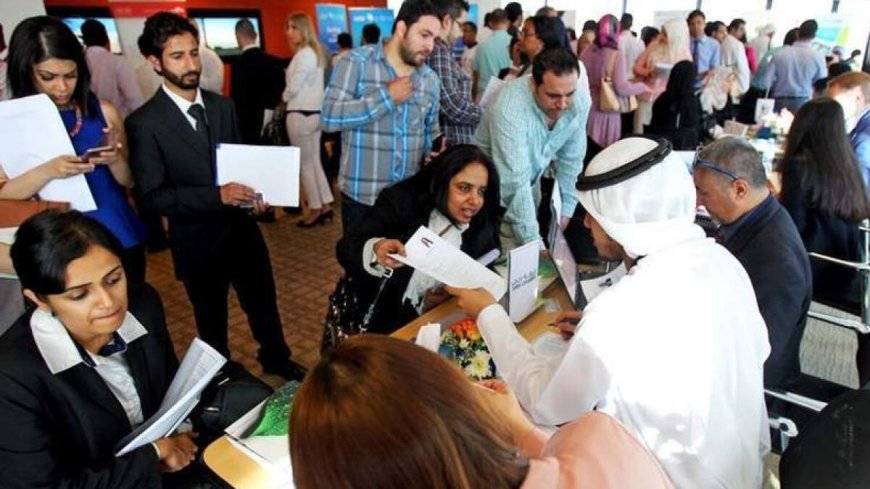UAE to Address High Amount of Stressed Employees
UAEs’ high and mighty are lending a helping hand to the over-worked, mentally-troubled common man.

A lot of expats in the UAE are burning the candle at both ends in their various jobs. These fumes lead to… you guessed it… burnout. Indeed, a recent study by Cigna Healthcare reveals that 90 per cent of middle-income workers in the Gulf nation are highly stressed. This leads to not only insomnia, head-aches, irritability and exhaustion but also mental health problems. Clinical psychologist Dr. Gurveen Ranger at Sage Clinics points out that over 60 per cent of mental issues are incurred under 25 years of age - as youngsters are expected to pay their dues. Help, however, seems to be on the way…

The top brass of UAE’s administration is investing AED 105 million in a comprehensive work-related mental health programme. Yes, the Crown Prince of Dubai – Sheikh Hamdan bin Mohammed bin Rashid Al Maktoum – along with UAE Prime Minister and Defence Minister, are coming to the rescue of the country’s overworked population. The trio have approved several initiatives for the detection, intervention, enhancement and prevention of mental health issues. These will especially look to improve the well-being of overworked employees by considering work-from-home and flexible-hours options.

HR executive Nina Pacic and employee well-being programme company CEO Aakanksha Tagri, have expressed their happiness with the directive. Pacic says it was crucial that this paradigm shift come from the country’s uppermost echelons, while Tagri says the trend is sure to catch on with most domestic companies. Tagri added that the programme will tackle the burnout pandemic head on, especially benefiting those expats who are sole breadwinners of their families and with whom they hardly get to spend quality time.

Experts also point out the additional plusses of the programme include countering the stigma and ignorance associated with mental issues. Furthermore, the financial benefits of the concerned companies will be considerable. Yes, Tagri states that according to statistics, replacing one employee could cost a firm 60 per cent of that person’s annual salary. Meanwhile, Pacic highlights the need for employee suggestion boxes, team-building events and satisfaction surveys. Talk about rewiring a worker’s brain and “changing someone’s mind”!














































